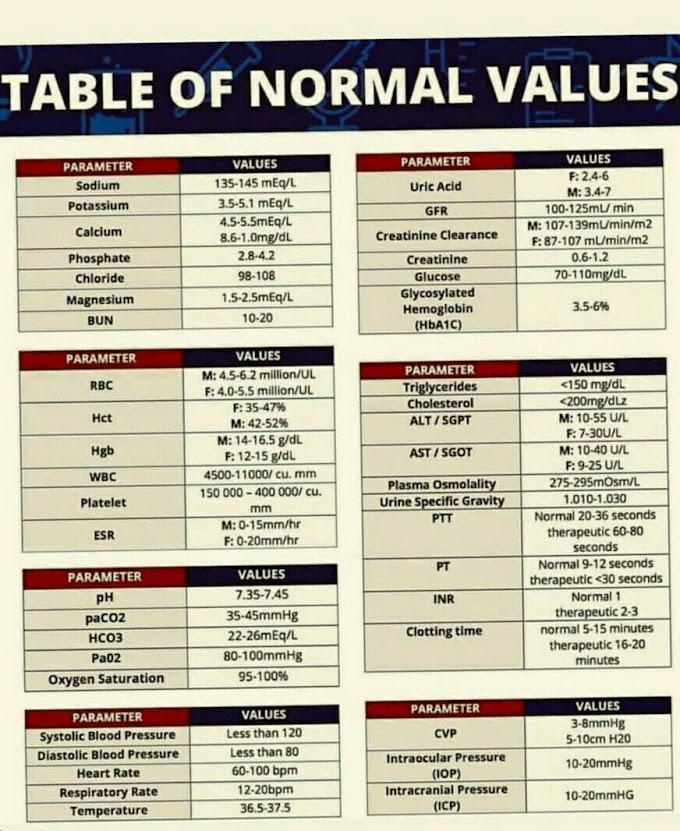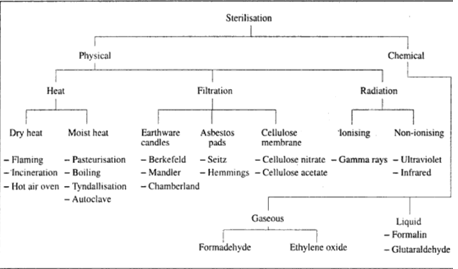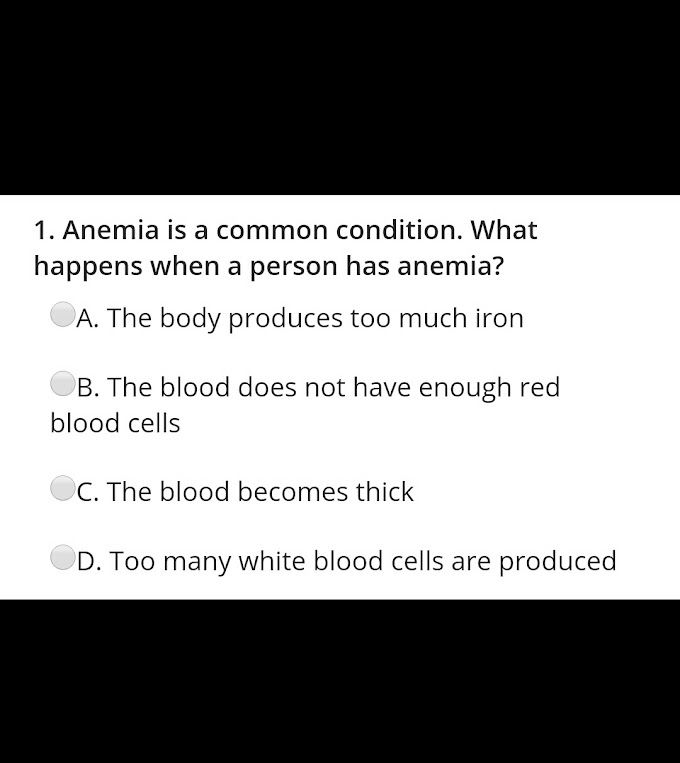TEST FOR INTRINSIC SYSTEM
Activated Partial Thromboplastin Time (APTT), Partial Thromboplastin Time with Kaolin (PTTK) or Kaolin Cephalin Clotting Time (KCCT)
Activated Partial Thromboplastin Time (APTT), Partial Thromboplastin Time with Kaolin (PTTK) or Kaolin Cephalin Clotting Time (KCCT)
 These tests
demonstrate deficiencies within the intrinsic pathway, and the final common
pathway. That is, the clotting time is affected by all coagulation factors
except factor VII and platelet factor 3
These tests
demonstrate deficiencies within the intrinsic pathway, and the final common
pathway. That is, the clotting time is affected by all coagulation factors
except factor VII and platelet factor 3
In all the
three tests, a brain extract is used to provide platelet factor 3 activities.A rough
surface such as kaolin or glass, is used to trigger the intrinsic system.
APTT Specimen
The citrated plasma is centrifuged at 1500-2000 g for 15 minutes to remove platelets. The plasma sample used for prothrombin time can also be used.
Plasma from
a healthy person should be used as control.
APTT Reagents
1. Kaolin
Suspend 0.5 g kaolin in 100 ml saline.
2.
Phospholipid (brain extract or partial thromboplastin) Place about 100 g washed
brain in a large mortar and cover with acetone. Mash with a pestle for about
two minutes.
When acetone
becomes turbid, decant and replace with fresh acetone. Continue until the
residual brain is granular. Spread it on a filter paper and allow it to dry at
room temperature. This is the acetone-dried brain. Store in perforated
containers in a dessicator.
Weigh I g
acetone dried brain and add 20 ml acetone. Mix continuously for two hours.
Centrifuge for five minutes at 1500 g. Discard the supernatant and add 20 ml
chloroform. Mix again for two hours. Filter through a Whatman No.1 filter
paper.
Evaporate
the chloroform in the filtrate using a stream of warm air. Emulsify the residue
in 10 ml normal saline by mixing for up to 48 hours.
Standardise
the partial thromboplastin thus obtained by selecting a dilution (e.g. 1:100)
which gives optimum clotting time (e.g. 35-43 seconds) with control plasma.
This reagent
is commercially available. 3. 0.025M calcium chloride Dissolve 2.77 g in one liter
distilled water.
APTT Technique
(1) Mix 0.1
ml of well mixed kaolin suspension and 0.1 ml of phospholipids in a test tube.
Keep it at 37°C for 15 seconds to warm.
(2) Add 0.1
ml of control plasma, previously warmed to 37°C.
(3) Incubate
for exactly two minutes.
(4) At two
minutes, add 0.1 ml of 0.025 M calcium chloride solution and start a stop
watch.
(5) Leave
the tube for 30 seconds, and then remove.
(6) Check
for clotting by tilting the tube.
(7) Record
the time taken to clot.
(8) Repeat
the same procedure with the test plasma.
APTT Normal range
Control plasma should clot between 35-43 seconds.
Prolongation
of the clotting time by seven seconds or more than that of the control is
significant.
APTT Interpretation
The activated partial thromboplastin time may be prolonged due to
1. Defects
in the intrinsic system: e.g. factors VIII: c, IX, XI, XII etc.
2. Defects
in the common pathway e.g. factors X, V, II, I.
3.
Inhibitory action of heparin, specific inhibitors of factors etc.







If you have any queries related medical laboratory science & you are looking for any topic which you have have not found here.. you can comment below... and feedback us if you like over work & Theory
.
Thanks for coming here..